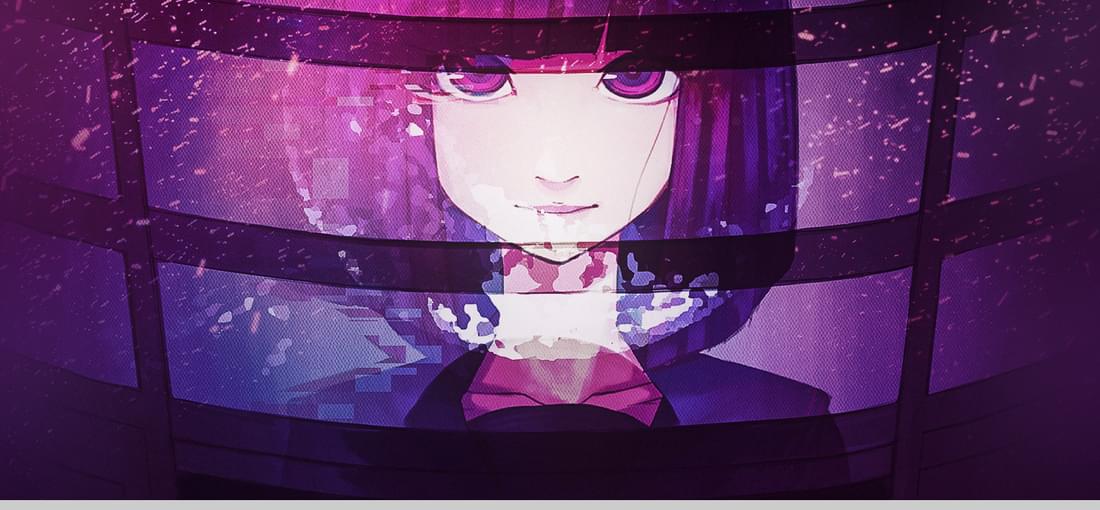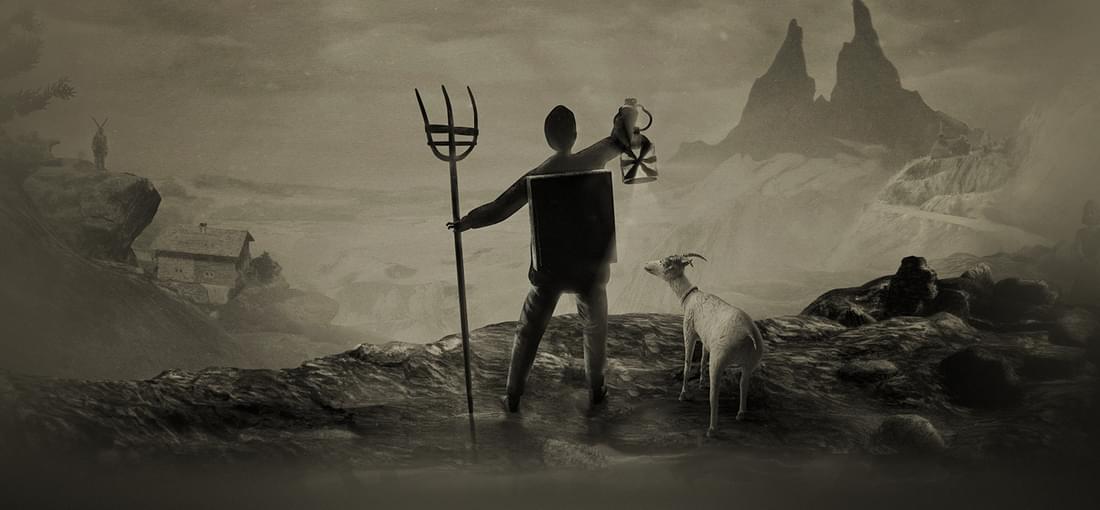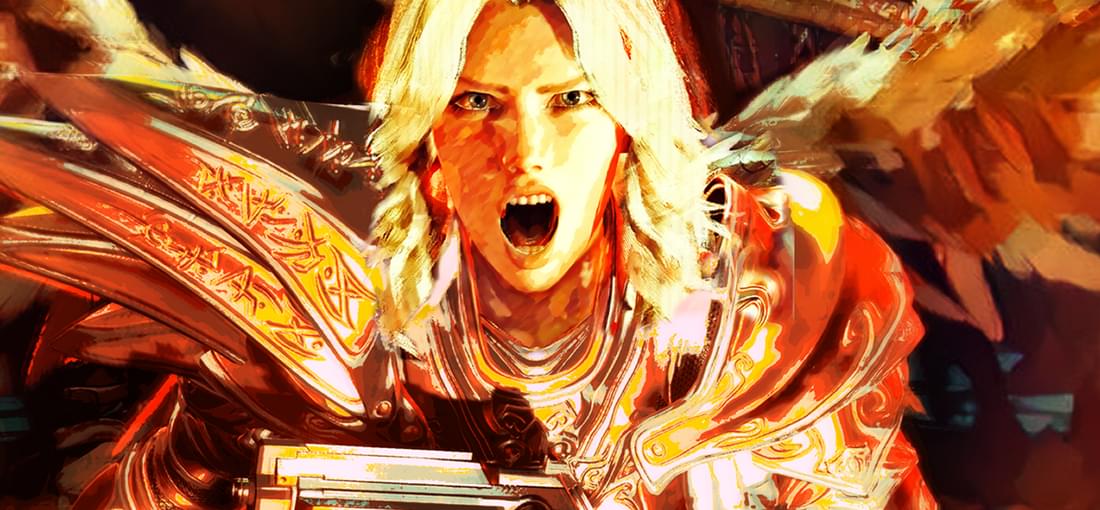


This is one of, I’d not the finest narrative-centric game I have ever played. When most people laud narrative based experiences, they often reference walking sims like Edith Finch, or poorly written modern ideal praising trash like the Life is Strange series. This game is able to provide opposing viewpoints and interesting discussions without telling you how to feel about specific characters or plot points. It lets you decide who is a positive character and who isn’t. Since it is a game, let’s talk gameplay. It does take a backseat to the narrative but is nonetheless important. Supposedly you can change character interactions by serving them the wrong drinks or by getting them more or less drunk over their visit. The mechanic is kept nebulous about that you don’t even know if it’s working, ala Amnesia TDD’s insanity mechanic. The infrequency of its inclusion also makes perfect sense. People don’t order drinks every second you talk to them. Their style of drink order also rewards your attentiveness. If everyone just said the name of the drink they want, it wouldn’t be that interesting or complicated. It pays to pay attention. The game is very well written, with a cast of likable, or unlikeable, but nonetheless believable and relatable characters whose dialogue and quirkiness carry the title. A great game to play while drunk (duh!) and has a nigh unmatched soundtrack. Get this game!

Mundaun is a remarkable under-the-radar indie release in a year that really needed it. The game oozes an a style and atmosphere that is both warm and calming, while always remaining eerie and a bit unknown. The comparisons I could make that would be the most well-known would be the films of Robert Eggers (The Witch and The Lighthouse), those being of old-world mystic horrors, delas with the devil, etc. The game is presented in black and white with all textures being hand-drawn and scanned into the game. This, combined with the carefully chosen lighting, give the game a dream-like quality often found in the horror films of the silent and black-and-white era. It's simply breathtaking to behold. It's also filled to the brim with little environmental details, rewarding players who take their time to soak in as much as they can. The game is fairly short, around 6 hours for an average playthrough. It's also quite a slow burn, relying mostly on atmosphere and the player's own perceptiveness to deliver small, unnerving details to establish a continuous sense of unease rather than relying on jumpscares (though when sparingly used, they are effective). The sound design is fantastic with convincing ambient audio, as well as a present but never overpowering or out of place soundtrack. Combat is present, but always at the fringes and very much a last resort. As with most horror games it is clunky and difficult by design to disincentivize using it. I think it could've been better implemented, but struggle to really come up with how. Bottom Line: Pick up and play Mundaun. The love and care put into the game shows in almost every moment and kept me interested the whole way to the credits. Little details scattered throughout the world reward careful attention and multiple playthroughs. Deserves all the praise it gets and definitely needs more eyes on it. Personally, I find it to be a stand-out title for 2021 and will recommend it to anyone interested in intensely atmospheric games.

BPM drew me in with its core "do everthing to the beat" loop and honestly, it kept me with it. I found that after beating the game the first time I had to go and spend hours more in it. At that point I was hooked. Mechanically it is fairly shallow compared to other games in its genre, and the success of runs is heavily luck-based, but I just found the core loop so engrossing that I just got totally sucked in. Rating is more a reflection of my personal enjoyment rather than of objective quality.